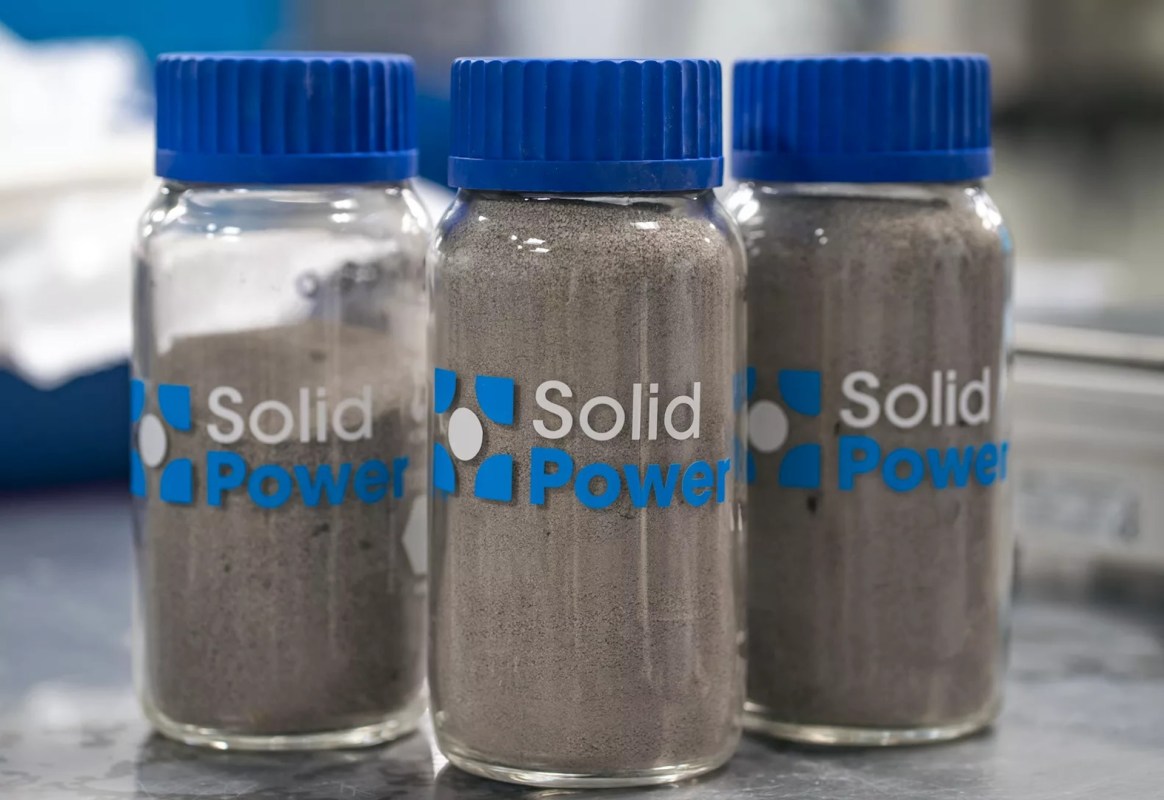A breakthrough in solid-state battery tech from the University of Maryland that made headlines in the fall is continuing to catch attention from industry experts.
What's more, the tech is in a trial run with Colorado's Solid Power, a solid-state development company that works with big companies such as BMW and Ford "to develop solid-state batteries," which are less likely to catch fire, according to a Dec. 29 report from Assembly.
Conceivably, the Maryland tech is a solid trial run and a few handshakes away from powering the popular brands' electric vehicles.
For now, the university team's goal is to bring solid-state battery tech to mainstream use by 2026, in part with their solution to one of the biggest problems holding the unique power packs back: dendrites. The troublesome metallic structures accumulate as the battery functions, penetrating "into the solid electrolyte," causing a short circuit, according to the Massachusetts Institute of Technology.
Solid-state batteries differ from common lithium-ion power packs because of the solid electrolyte, the core area of the battery where the charge-discharge cycle takes place.
The solid-state tech has clear advantages, including lower weight, higher energy density (basically power storage), faster charging, rapid construction, and improved safety. Setbacks include materials shortages, cost (at least historically), recycling issues — and the dendrites, of course, all per MotorTrend.
In answer, the experts have developed an "interlayer" that negates dendrite growth, according to the team from Maryland.
The explanation is heavy on labspeak. Essentially, a fluorine-rich interlayer stabilizes conditions in the battery on the cathode side. On the anode side, there's a "modification of the … interlayer with magnesium and bismuth — suppressing the lithium dendrite," a lab report from the university stated.
The part after the dash is the most significant aspect, if it can help to unlock solid electrolyte power packs.
Improved battery tech that lowers costs, lessens charge times, and increases range is crucial for EVs as we transition to cleaner ways to travel.
And, if the Maryland experts hit their goal to have the tech commercialized by 2026, there should be an ample supply of EVs to power. In 2022, EV sales jolted past 10 million worldwide. If the upward trend continues, the use of EVs will negate the need for five million barrels of oil each day by 2030, all per the International Energy Agency.
That's why the Maryland team's dendrite fix is being noticed by others in the industry.
"Exciting Battery Breakthrough!" Kevin Sunil, an associate consultant for Piper Maddox, a staffing firm for the renewables sector, posted about the innovation on LinkedIn.
Join our free newsletter for weekly updates on the coolest innovations improving our lives and saving our planet.









